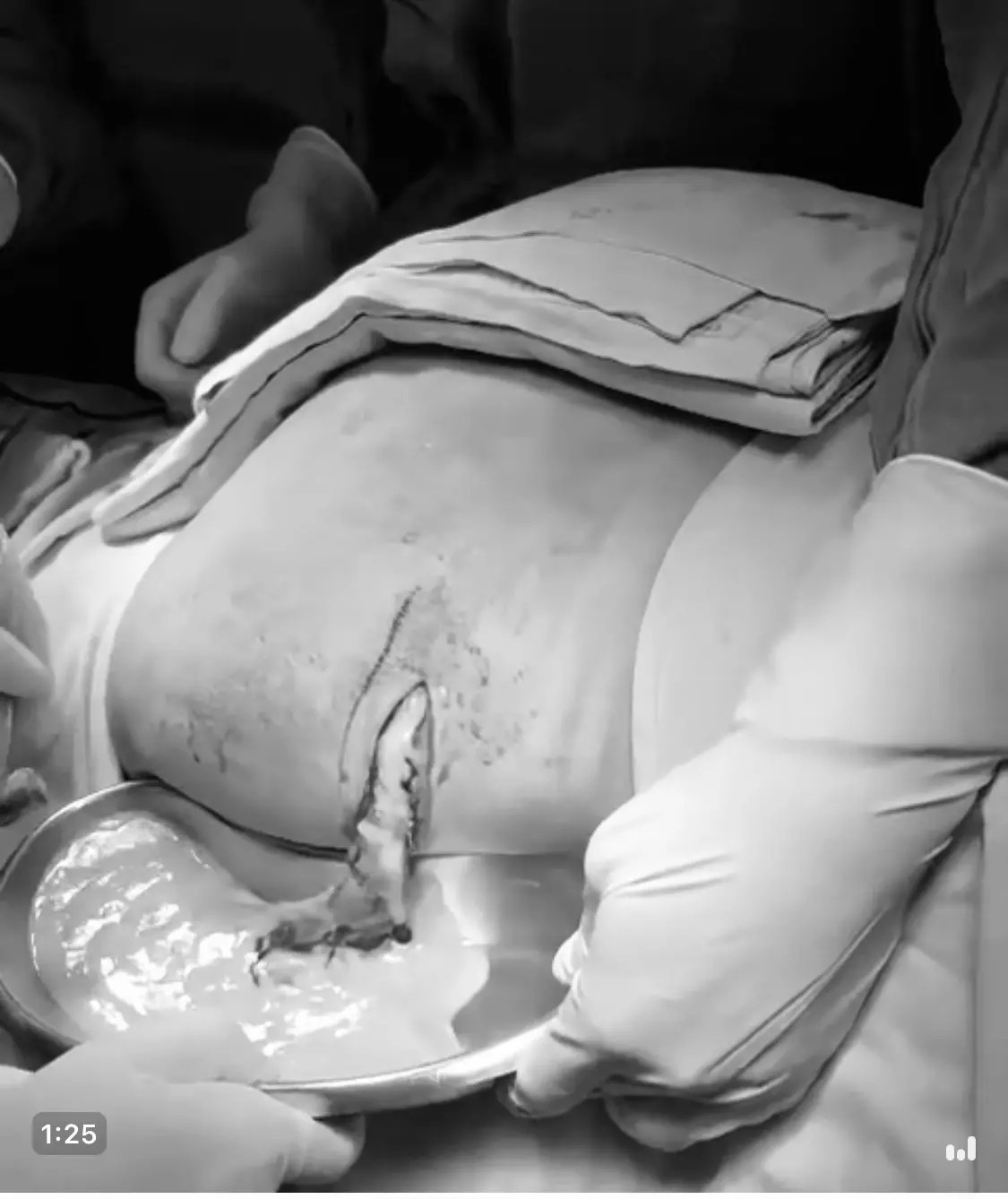
Tran Chi Cuong, director of SIS Can Tho Hospital, said at a recent seminar that medical events are inevitable in the health sector.
Not only in the operation room or during the treatment process, medical events may also happen suddenly, at unexpected moments. Patients may fall from an ambulance onto the road, or may be so excited that they fall and hit their head on the floor, which causes traumatic brain injury. In other cases, adverse events occur when surgeons perform an operation on the wrong patient, or mistakes are made in paper procedures.
Cuong said he once discovered a needle in the body of a patient. The needle had been there for 10 years after a simple ear, nose and throat (ENT) operation.
According to doctor Pham Thanh Viet from Cho Ray Hospital, the Ministry of Health (MOH) sets a strict process on controlling, recognizing and dealing with medical events. However, when events occur, people tend to accuse medical workers rather than try to find the reasons. That is why medical workers don’t want to report medical events and reports about medical events in Vietnam are insufficient.
Meanwhile, a report showed that 251,000 people died because of medical events in the US in 2013, the large number just after the deaths because of cardiovascular diseases and cancer.
At the seminar, doctor Nguyen Phan Tu Dung spent time to talk about the accidents in cosmetic surgery, mostly at unauthorized centers. Within three years, his cosmetic hospital received more than 500 cosmetic complications, mostly eye complications and the most severe was the complication caused by filler injection.
“Many cosmetic establishments with no professional and experienced workers still carry out the operations, causing necrosis, bodily injuries or even deaths. Many cases have to undergo dozens of complication treatment campaigns,” he said.
According to the Vietnamese Society of Aesthetic and Plastic Surgery, there are 250,000 people having plastic surgery every year, and there are 25,000-35,000 complications after the surgeries, which accounts for 14 percent.
Therefore, Dung said appropriate agencies need to supervise and strictly punish violators, while patients need to choose prestigious establishments in order to minimize accidents.
Ngoc Trang